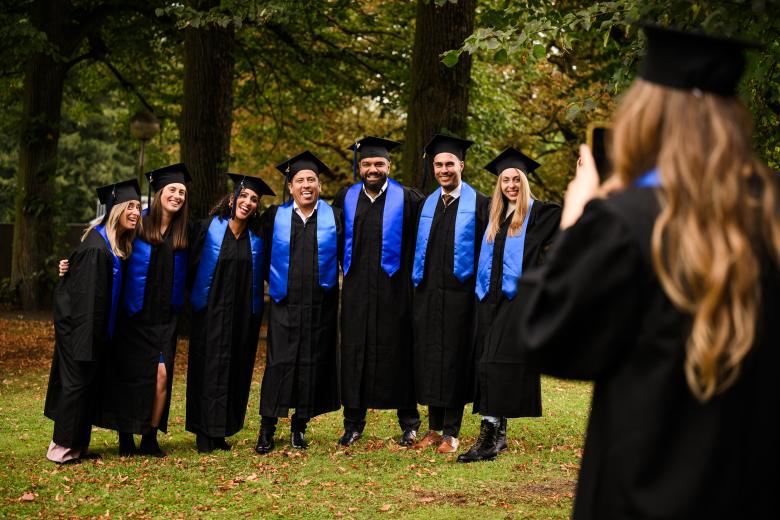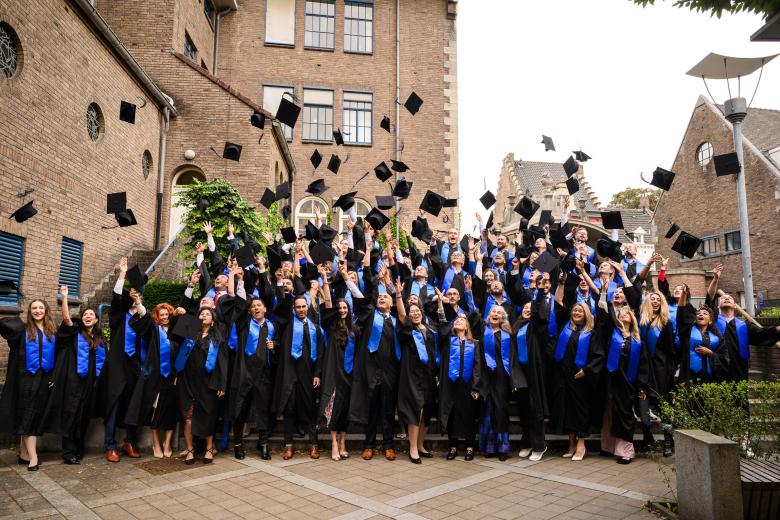SBE students at the second European Conference on the Economics of Transition and Resilience
On October 20th 55 SBE-students successfully pitched their policy proposals at the European Commission in the second European Student Conference on the Economics of Transition and Resilience.
The challenges posed to the students back in early September are nearly identical to those currently faced by commission representatives, enabling a uniquely challenging task for the students to apply their knowledge from their previous coursework in the form of a policy proposal paper and subsequent in-person pitch. Policies tackling the challenges of the energy transition holistically ranged from carbon dividends to labels of reparability of goods. They were pitched to the members of DG ECFIN, unit Economics of Transition and Resilience and guests from different DGs and units, specialized in aviation, shipping and energy.
The event was an astounding success. Students were vocal in their appreciation for the opportunity to present in the same environment as that of European Commission policymakers. Although it was for many their first economics class, their policy proposals did not reflect any lack of experience or newness. For others, this experience acted as perhaps the initial step in their careers in policy, politics, economics and more. If the potential and creativity witnessed in Brussels are any indication of the future of the European Union, we are well on our path to a sustainable future.
Also read
-
SBE researchers involved in NWO research on the role of the pension sector in the sustainability transition
SBE professors Lisa Brüggen and Rob Bauer are part of a national, NWO-funded initiative exploring how Dutch pension funds can accelerate the transition to a sustainable society. The €750,000 project aims to align pension investments with participants’ sustainability preferences and practical legal...

-
Maastricht University recognised among top institutions in CEO Magazine’s 2025 Green MBA Rankings
We are proud to share that Maastricht University School of Business and Economics has been recognised as a top-ranked institution in the CEO Magazine 2025 Green MBA Rankings.

-
Global recognition for SBE’s Executive Education by Financial Times
We are proud to announce that Maastricht University School of Business and Economics (SBE) has secured an impressive global ranking of 84th in the Financial Times Open-Enrolment Executive Education Ranking 2025.
